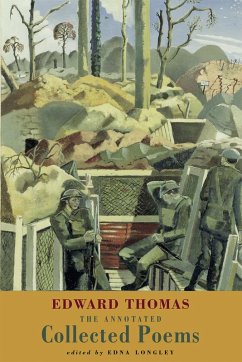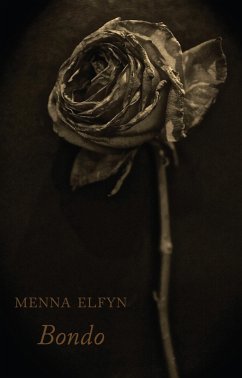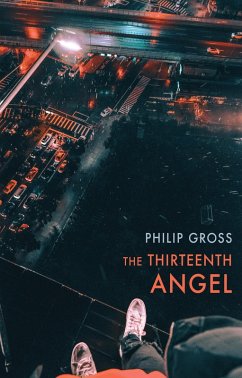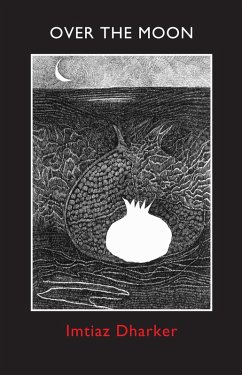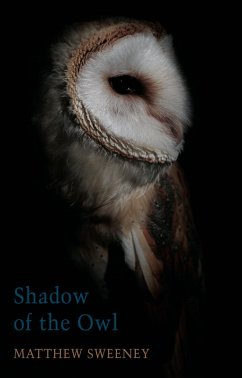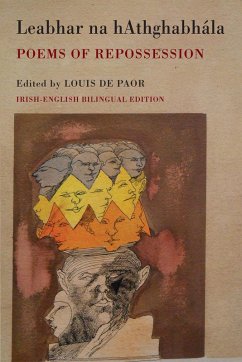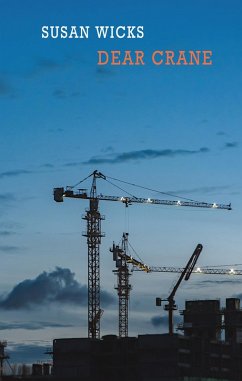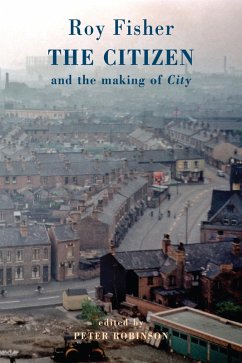
Collected Later Poems 1988-2000 (eBook, ePUB)
Versandkostenfrei!
Sofort per Download lieferbar
6,99 €
inkl. MwSt.
Weitere Ausgaben:

PAYBACK Punkte
3 °P sammeln!
R.S. Thomas (1913-2000) is one of the major poets of our time, as well as one of the finest religious poets in the English language and Wales's greatest poet. This substantial gathering of his late poems shows us the final flowering of a truly great poet still writing at the height of his powers right through his 70s and 80s. It begins with his autobiographical sequence "The Echoes Return Slow", which has been unavailable for many years, and goes up to "Residues", written immediately before his death at the age of 87. These powerful poems -- about time and history, the self, love, the machine,...
R.S. Thomas (1913-2000) is one of the major poets of our time, as well as one of the finest religious poets in the English language and Wales's greatest poet. This substantial gathering of his late poems shows us the final flowering of a truly great poet still writing at the height of his powers right through his 70s and 80s. It begins with his autobiographical sequence "The Echoes Return Slow", which has been unavailable for many years, and goes up to "Residues", written immediately before his death at the age of 87. These powerful poems -- about time and history, the self, love, the machine, the Cross and prayer -- cover all of his major areas of questioning. This is R.S. Thomas in a winter light, his fury concentrated on the inhumanity of man and modern technology, his gaze absorbed by the God he felt in Nature, but finding nourishment in 'waste places'. At the same time he writes with resigned feeling and immense insight, as well as grim humour and playful irony, of isolation, ageing, marriage and 'love's shining greenhouses'. For Thomas, 'Poetry is that / which arrives at the intellect / by way of the heart.'
Dieser Download kann aus rechtlichen Gründen nur mit Rechnungsadresse in A, D ausgeliefert werden.




